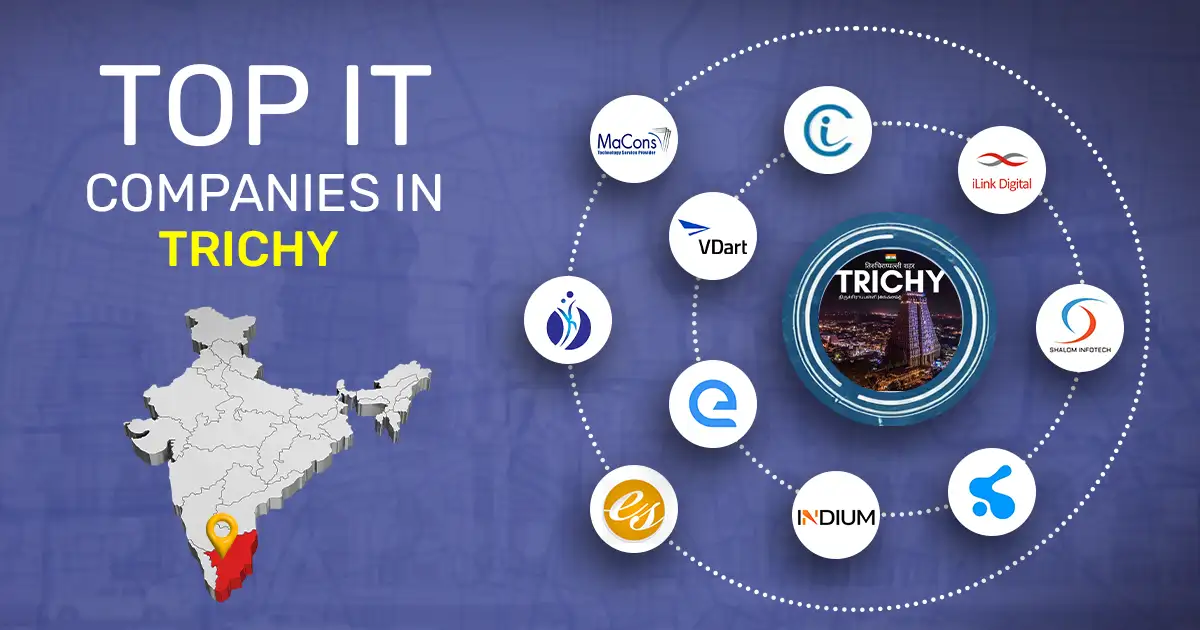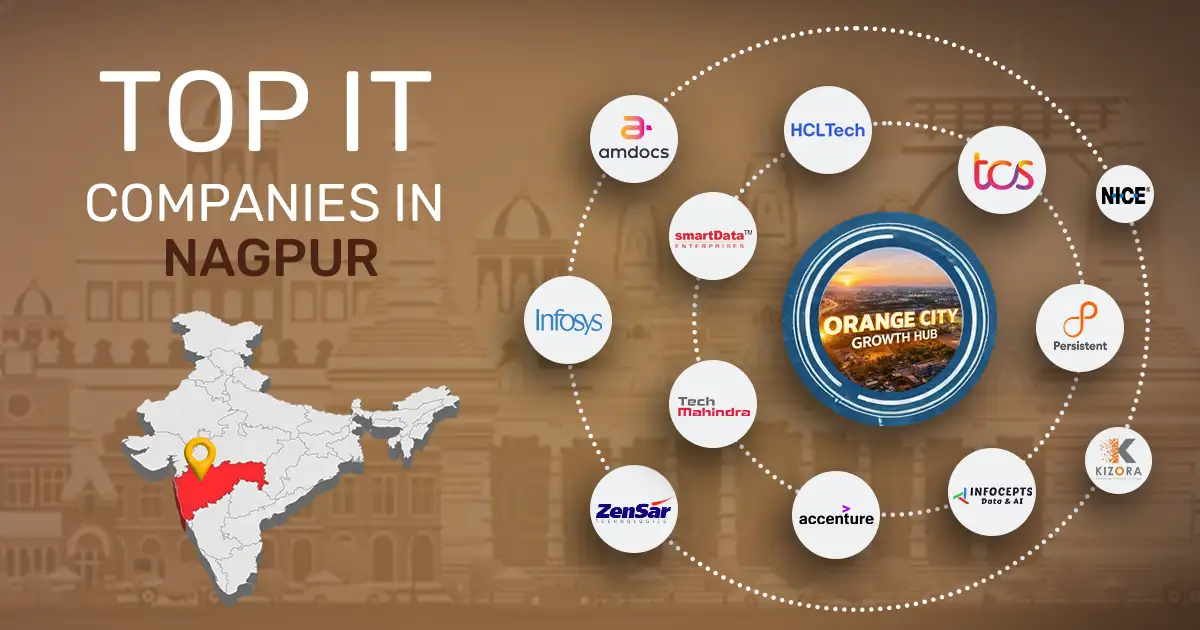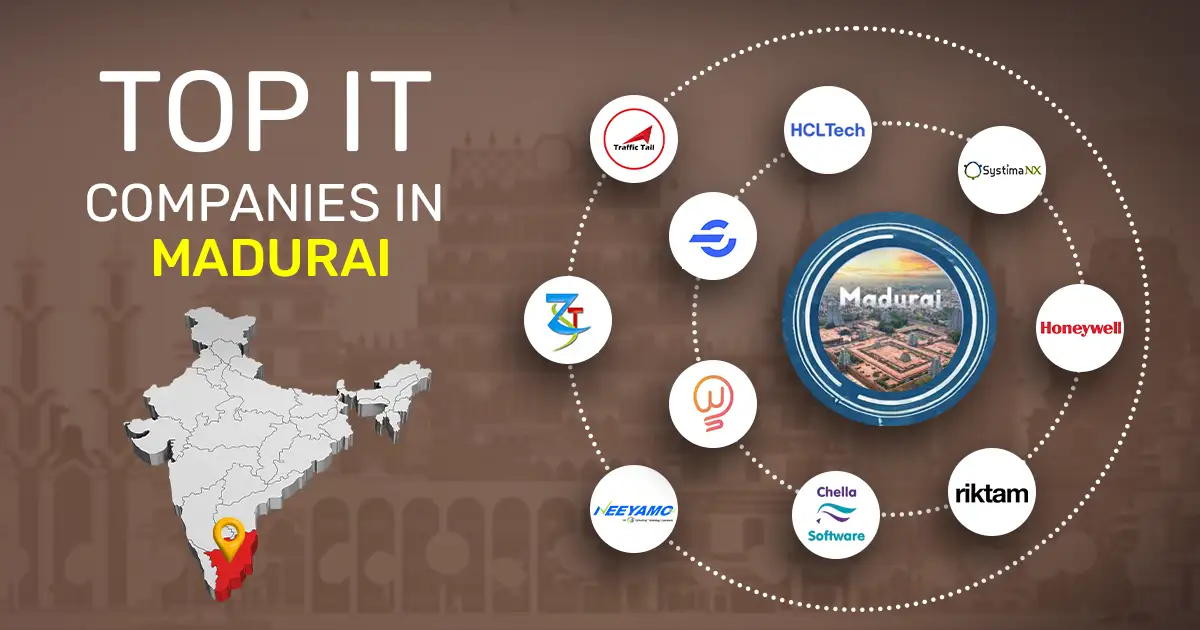
Introduction
With the rapid growth of e-commerce and digital transactions, ensuring payment security has become a top priority for businesses and consumers alike. Cyber threats, data breaches, and payment fraud are persistent challenges in the online payment ecosystem. One of the most effective solutions to address these challenges is tokenization, a process that enhances security and builds consumer trust. By replacing sensitive payment data with unique tokens, businesses can minimize fraud risks, comply with regulatory requirements, improve transaction efficiency, and safeguard customer information, ultimately fostering a safer and more reliable digital payment environment.
In this blog, we’ll explore what tokenization in online payment is, how it works, its benefits, and its impact on the online payment landscape. We’ll also discuss how tokenization aligns with regulatory guidelines like those set by the Reserve Bank of India (RBI) to ensure safe and secure digital transactions.
What is Tokenization in Online Payments?
Tokenization in online payments is a security technique that replaces sensitive payment information, such as credit card numbers, with a unique digital identifier called a token. This token is a randomly generated string of characters that holds no exploitable value outside its specific transaction.
For example, instead of storing a 16-digit credit card number, businesses store a token like “Tkn_12345xyz”. If a hacker accesses this token, they cannot retrieve the original card details, significantly reducing the risk of payment fraud.
Tokenization is widely used in payment gateways, e-wallets, and mobile payment apps to protect sensitive customer data and comply with stringent data security standards, including those set by the RBI.
How Does Tokenization in Online Payment Work?
Tokenization involves a series of steps to secure online payments:
- When a customer initiates a transaction, their payment information is entered into a secure payment system.
- The payment processor uses a tokenization system to convert the sensitive data into a random token.
- The generated token is used to complete the transaction. The actual payment information is securely stored in a token vault managed by the payment processor.
- During the digital transaction, the token is sent to the payment gateway, which verifies its authenticity without exposing the original payment details.
- Once validated, the payment is processed, and the customer and merchant receive confirmation of a successful transaction.
Throughout this process, the original card details remain hidden, protecting them from potential cyber threats.
Read blog: Payment Gateway Integration
Benefits of Tokenization in Online Payments
1. Enhanced Payment Security
One of the primary benefits of tokenization in online payment is the heightened level of payment security it provides. By converting sensitive data into tokens, businesses minimize the risk of data breaches. Even if a hacker gains access to the token, they cannot extract any valuable information from it.
2. Compliance with Regulatory Guidelines
Tokenization helps businesses comply with data protection regulations like the RBI guidelines and the Payment Card Industry Data Security Standard (PCI DSS). By not storing sensitive payment data, companies reduce their compliance burden and avoid hefty fines for data breaches.
3. Effective Fraud Prevention
Tokenization in online payment plays a crucial role in fraud prevention by ensuring that even if transactional data is intercepted, it cannot be used for fraudulent activities. This adds an additional layer of security for both online and in-store transactions.
4. Seamless User Experience
For consumers, tokenization can improve the payment experience. Tokens enable one-click payments, recurring billing, and faster checkouts without compromising security. Customers can save their payment details securely without fearing data theft.
5. Lower Costs and Liability
Tokenization reduces the costs associated with data breaches, including legal fees, penalties, and reputational damage. By limiting the storage of sensitive data, businesses also decrease their liability in case of security incidents.
6. Secure Digital Wallets and Contactless Payments
Tokenization is integral to digital wallets like Google Pay, Apple Pay, and Samsung Pay. When a card is added to these wallets, it is tokenized, enabling secure contactless payments without exposing actual card details.
Impact of Tokenization in Online Payment Security
1. Minimizing Data Breaches
Tokenization significantly reduces the likelihood of data breaches. Since sensitive payment information is not stored on merchants’ servers, there is nothing valuable for hackers to steal.
2. Boosting Consumer Trust
When consumers know that their payment data is secure, they are more likely to complete transactions. Tokenization in online payment fosters trust, leading to higher conversion rates and repeat business.
3. Supporting RBI Guidelines for Card Transactions
The RBI has mandated card-on-file (CoF) tokenization, requiring businesses to tokenize stored card information for online payments. This regulation enhances security and aligns the Indian payment ecosystem with global best practices.
4. Reducing the Impact of Data Leaks
In case of a data leak, the stolen tokens are of no use to cybercriminals. Unlike encryption, which can be decrypted with the right key, tokens cannot be reversed back to their original data without access to the secure token vault.
5. Enhancing Mobile Payment Security
With the rise of mobile payments, tokenization ensures that card details are never exposed during mobile transactions, making digital wallets and app-based payments safer for users.
Conclusion
Tokenization in online payment has become a cornerstone of security in the online payments industry. It provides robust protection against fraud, ensures compliance with RBI guidelines, and enhances the overall payment experience for consumers. By adopting tokenization, businesses not only safeguard their operations but also build a trusted relationship with their customers.
Whether you are an e-commerce business, a service provider, or a financial institution, implementing tokenization can transform your payment processes, providing unmatched security and peace of mind.
Registerkaro offers expert guidance and tailored solutions to enhance your payment security. Contact us today to safeguard your transactions and elevate your business’s security standards!




